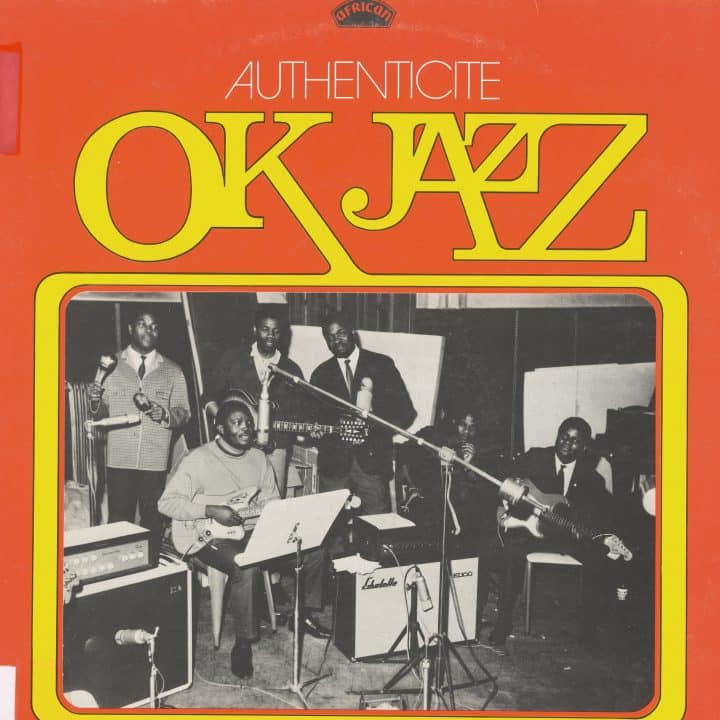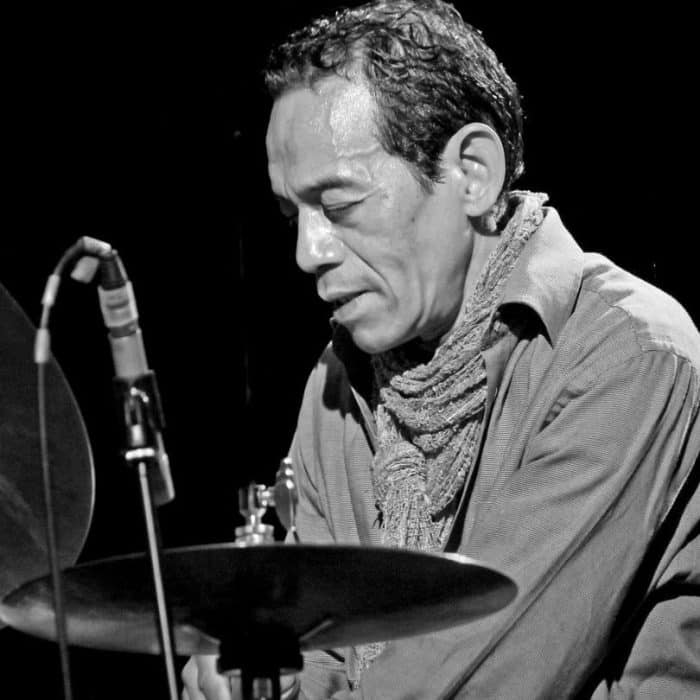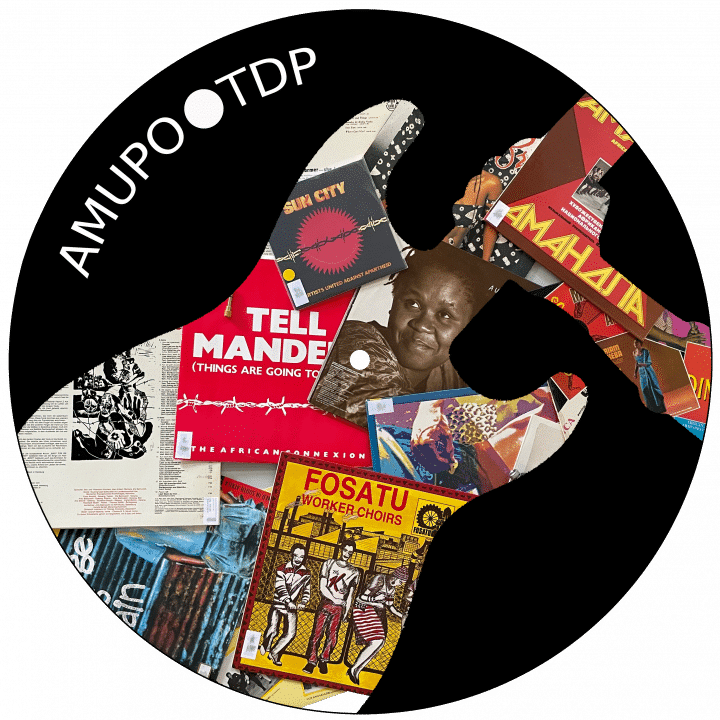Research
Our aim is to study music and sonic phenomena in general from a wide range of anthropological perspectives. However, for our understanding, anthropologists (like many others concerned with the study of music) tend to neglect the aesthetic dimension of music and sound. Therefore, one of our main theoretical goals is to study ways in which actual sounds, musical or nun-musical, interconnect with their social and cultural surroundings through sonic experience. Methodologically, we rely on long-term ethnographic fieldwork.
Projects
November 6, 2023
Das BMBF-Forschungsprojekt „Kontrahegemoniale Stimmen in Musikarchiven (KOSTIMA): Politische Lesarten, Kontextualisierungen, Gegenwartsbezüge“ erschließt verschiedene Archivbestände mit Fokus auf kontra-hegemonialen Botschaften.
December 9, 2022
For his MA project, Paul Hußmann conducted research in the northern Indian region of Garhwal on the Ramlila, a hinduistic festival during which the epic story of the god Ram is performed over several days. He argues that every action in the fairground, whether from the audience, the performance or even non-human actions such as a cow entering the ground, has the potential to influence and change the events of the Ramlila.
January 1, 2019
Jazz in Madagascar - The project explores the importance of jazz in shaping Malagasy society. It takes a look at bands and musicians, historical and current stylistic developments, as well as characteristic performance venues and funding practices of Malagasy jazz.
Cooperations
May 1, 2025
Şebnem Altunkaya is a Postgraduate Researcher in the Department of Music at the University of Huddersfield, UK, funded by the Leverhulme Trust as part of the Amplification Project working with Prof. Steve Waksman, Prof. Jan Herbst and Dr. Gabi Kielich. Her PhD project titled Anatolian Rock: From Türkü to Psychedelic Movement is part of a cooperation with the AoM research group.
March 20, 2023
How does popular music negotiate the legitimacy of political violence, and how do political actors refer to violence in musical practices? South Africa’s historical struggle against the racist system of Apartheid and the country’s vibrant music scenes make it a highly suitable case through which to explore how musicians, activists, politicians and wider audiences negotiate uses of political violence in and through popular music.




